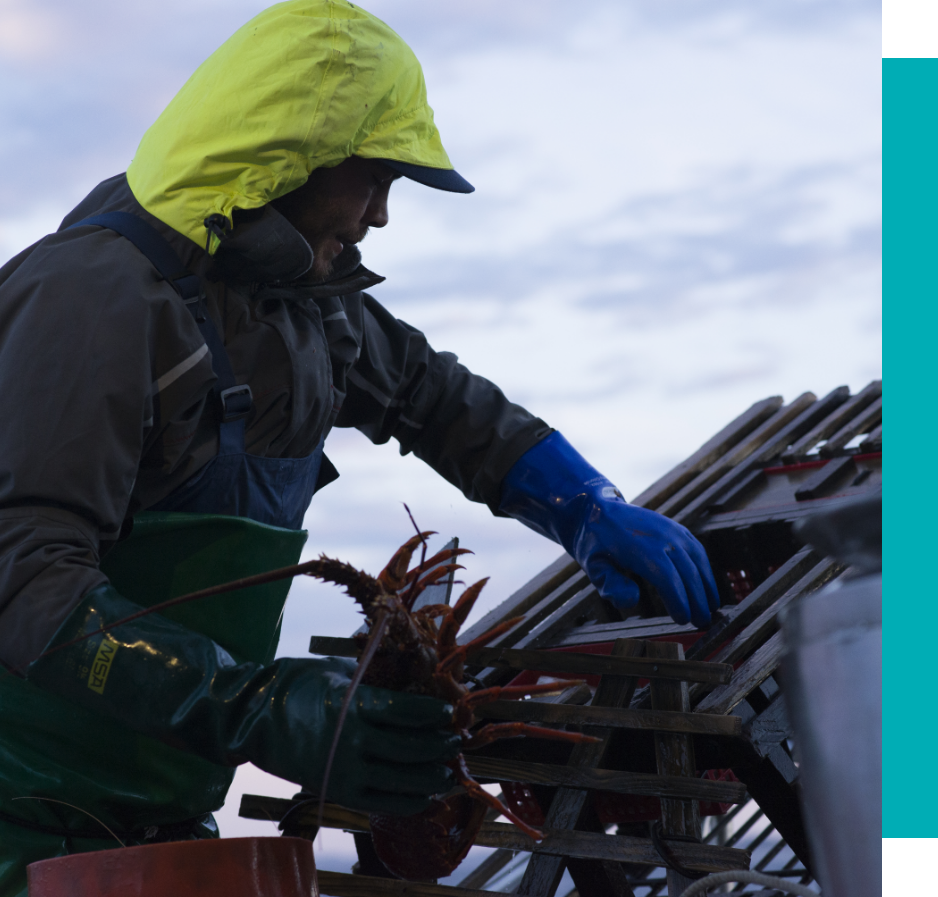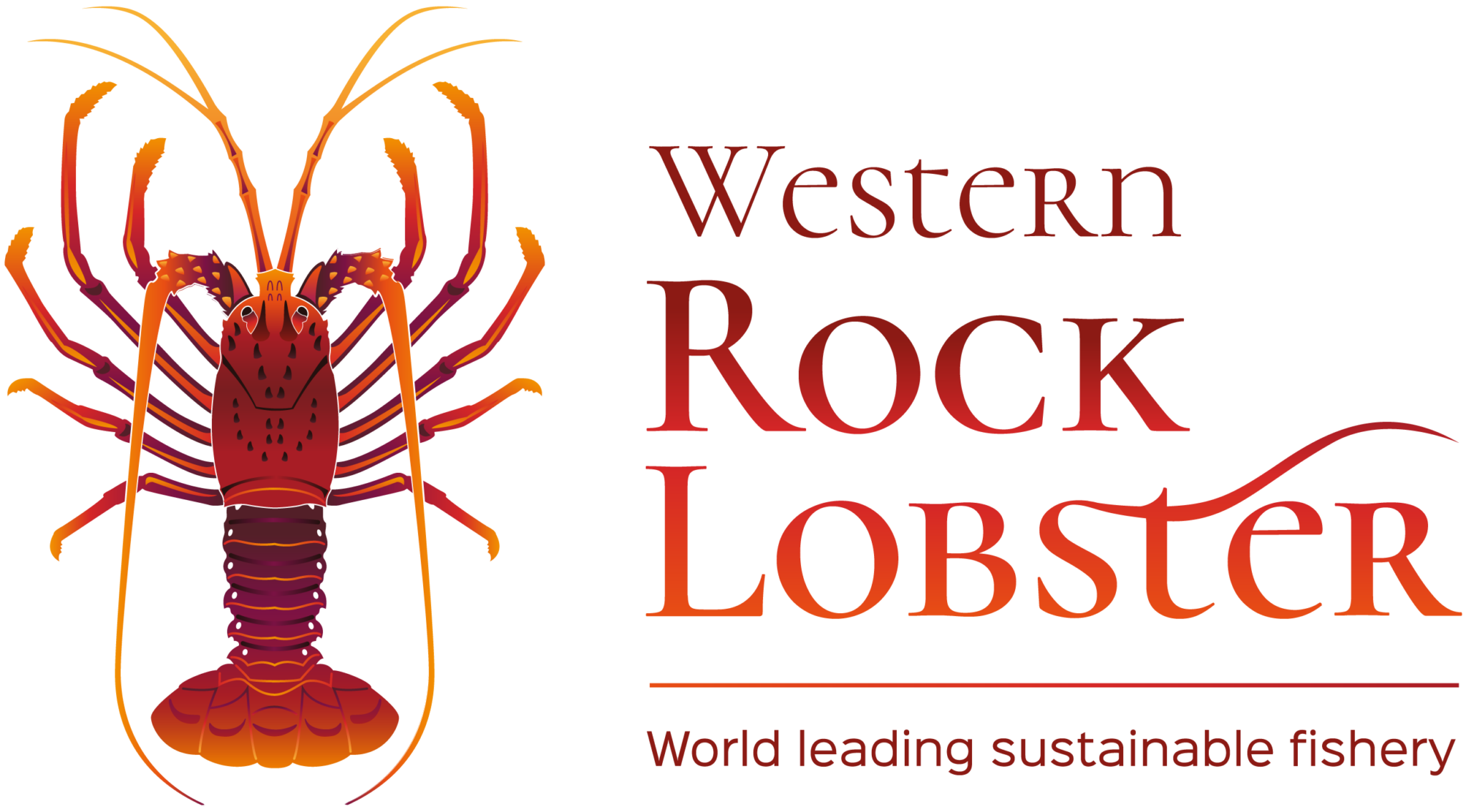The Western Rock Lobster Council (WRL) and the Fisheries Research and Development Corporation (FRDC) have established a collaborative partnership to drive research, development, and extension initiatives within the Western Rock Lobster industry.
This joint effort is guided by the WRL-FRDC Industry Partnership Agreement (IPA), aimed at fulfilling WRL’s strategic objectives, addressing industry risks, and supporting the priorities outlined in the RD&E Plan.
To effectively allocate resources and prioritise investments, WRL collaborates not only with FRDC but also with the Department of Primary Industries and Regional Development (DPIRD). Together, we concentrate our efforts and funding into RD&E priority areas, ensuring a focused approach to drive positive outcomes.
The planning and execution of RD&E investments, projects, and programs are undertaken through a collaborative partnership involving WRL, FRDC, DPIRD, research providers, and industry stakeholders. Consultation with WRL members, the Fishing Operations Committee, and the board plays a crucial role in shaping our initiatives and ensuring their relevance and effectiveness.

Programs in the IPA
Project number: 2020-123
Western rock lobster life stage biology, behaviour, and ecology research program.
Project number: 2021-091
Whale entanglement mitigation program – understanding whale population dynamics, entanglement dynamics and gear modifications to reduce entanglements in WRL fishing gear.
